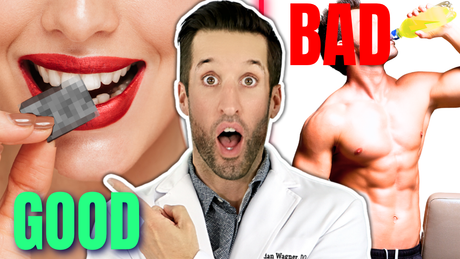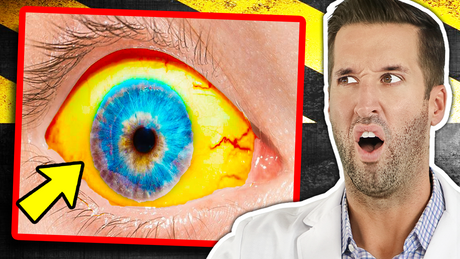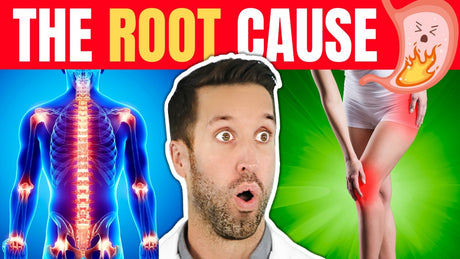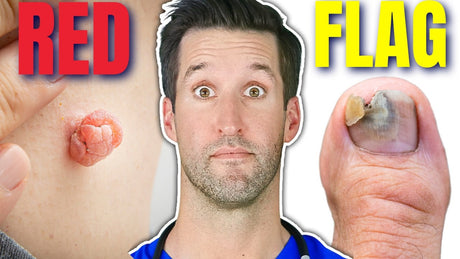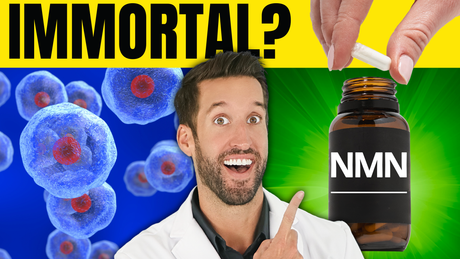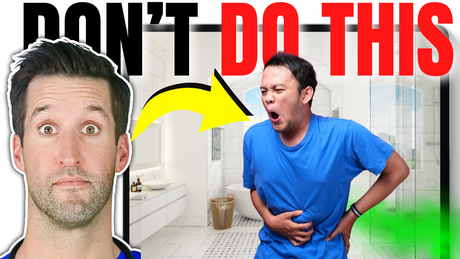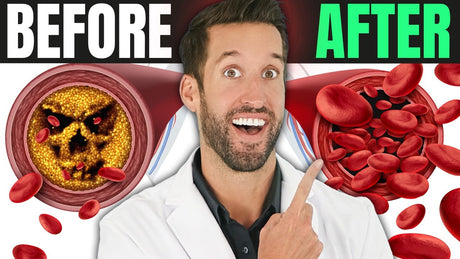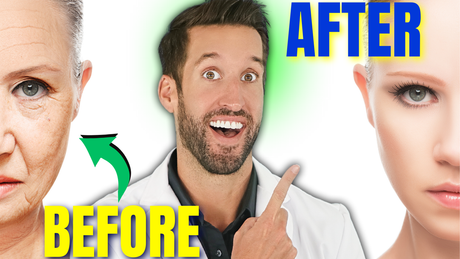Cancer prevention isn’t just about genetics—your daily habits play a significant role in determining your risk. From what you eat to how you manage stress, small choices can add up. Here are eight common habits that may unknowingly increase your cancer risk and what you can do about them.
1. Not Wearing Sunscreen
Skipping sunscreen isn’t just about avoiding sunburn—it’s a critical step in preventing skin cancer, including melanoma, the deadliest form. Prolonged UV exposure can cause DNA damage, leading to abnormal cell growth. Opt for a broad-spectrum sunscreen with SPF 30+ and reapply every two hours when outdoors. Mineral-based sunscreens (zinc oxide or titanium dioxide) are generally safer for sensitive skin.
2. Overconsumption of Processed Meats
Processed meats like bacon, hot dogs, and deli meats contain nitrates and nitrites, which can form carcinogenic compounds when cooked. The World Health Organization (WHO) classifies processed meats as a Group 1 carcinogen. Instead, opt for fresh, lean meats, fish, or plant-based proteins, and consume processed meats only in moderation.
3. Excessive Alcohol Consumption
Alcohol increases the risk of cancers in the mouth, throat, liver, breast, and colon. When metabolized, alcohol converts into acetaldehyde, a toxic compound that damages DNA. Moderation is key—one drink per day for women and two for men. If you do drink, support your liver with Pour Decisions, a supplement formulated to aid alcohol metabolism and hydration.
4. Chronic Stress
Stress can indirectly contribute to cancer risk by weakening the immune system, promoting inflammation, and leading to unhealthy habits like smoking or poor diet. Managing stress through exercise, meditation, and relaxation techniques is crucial. Consider Chillax, a stress-support supplement containing L-theanine, magnesium, and saffron to help promote relaxation.
5. Poor Sleep Habits
Lack of sleep interferes with melatonin production, which helps regulate the body’s internal clock and supports cellular repair. Sleep deprivation has been linked to increased inflammation and weakened immune function. Prioritize 7-9 hours of quality sleep per night to support your body’s natural defense mechanisms.
6. Smoking (or Secondhand Smoke Exposure)
Smoking is one of the leading causes of cancer, and even exposure to secondhand smoke can increase risk. Tobacco contains carcinogens that damage lung cells and promote mutations. If you smoke, seek help to quit, and avoid environments where secondhand smoke is present.
7. Sedentary Lifestyle
A lack of physical activity can lead to obesity, inflammation, and hormonal imbalances, all of which contribute to cancer risk. Aim for at least 150 minutes of moderate exercise per week, such as walking, cycling, or strength training. Regular movement helps regulate insulin, reduce inflammation, and maintain a healthy weight.
8. Exposure to Environmental Toxins
Certain chemicals in plastics, pesticides, and household products may contain carcinogens that increase cancer risk. Reduce exposure by using BPA-free plastics, opting for organic foods when possible, and ensuring proper ventilation when using cleaning products.
Final Thoughts
Preventing cancer isn’t about eliminating every risk but making informed lifestyle choices. Small changes—like wearing sunscreen, cutting back on processed meats, and managing stress—can add up to significantly lower your risk.
For extra support, consider Life Happns supplements like Pour Decisions for alcohol metabolism and Chillax for stress management. Prioritize your health today for a better tomorrow.
Studies & References
- World Health Organization - Processed meats and cancer risk: Read More
- National Cancer Institute - Alcohol and cancer: Read More
- American Academy of Dermatology - Sunscreen recommendations: Read More
- Sleep Foundation - The link between sleep and cancer: Read More
All information on the Life Happns website is for informational purposes only, and is not intended to be used for medical advice, diagnosis, or treatment. Always seek the advice of your physician or other qualified health provider with any questions you may have regarding a medical condition or before starting any new supplement or health regimen.

